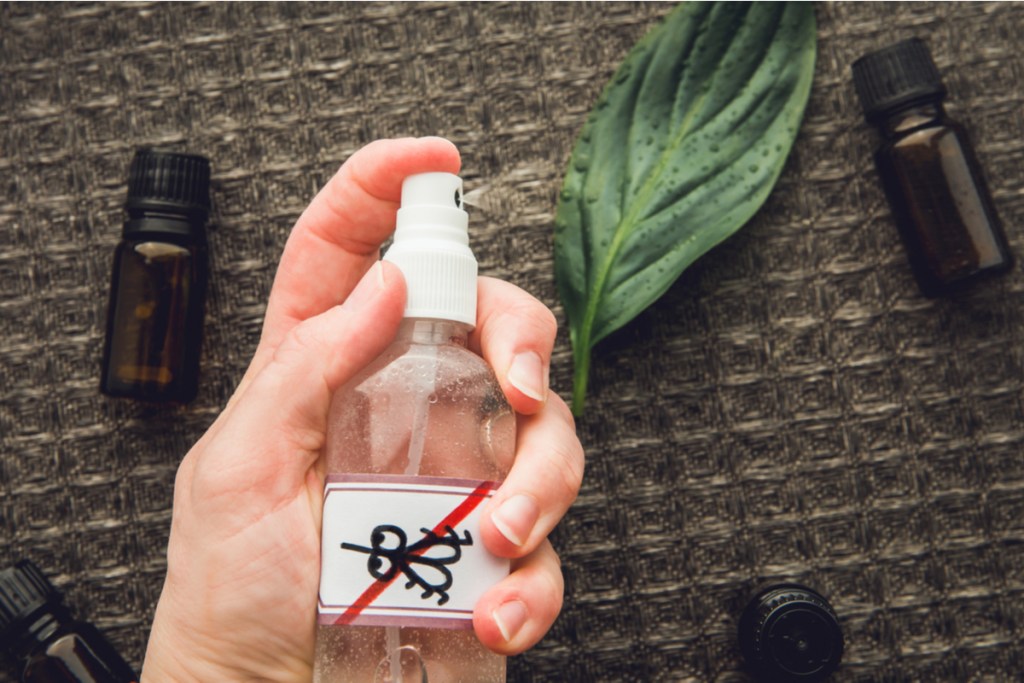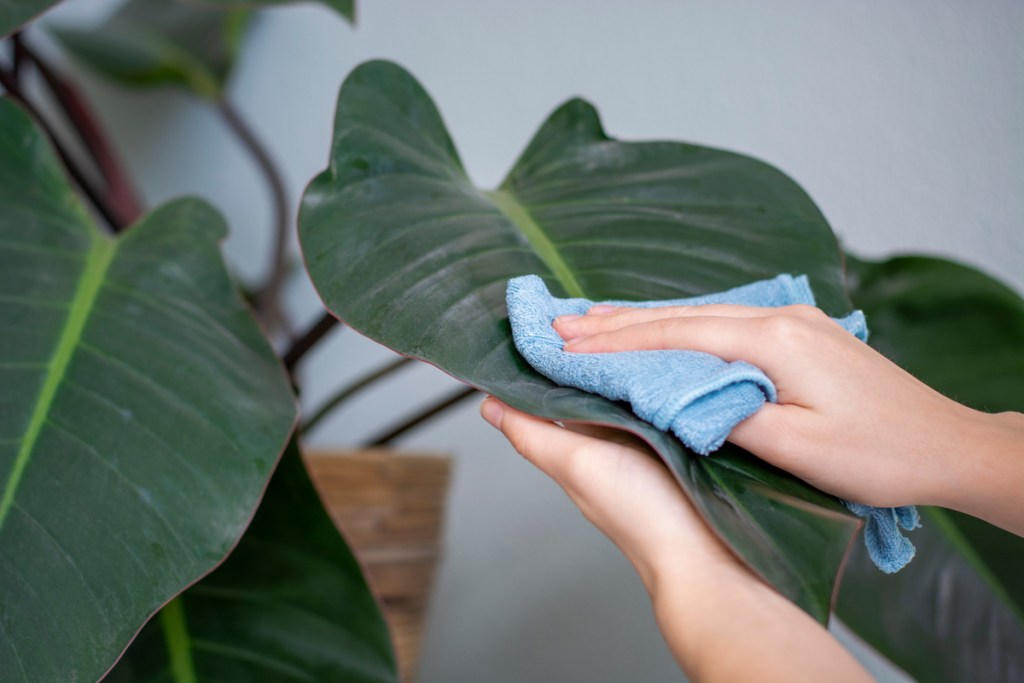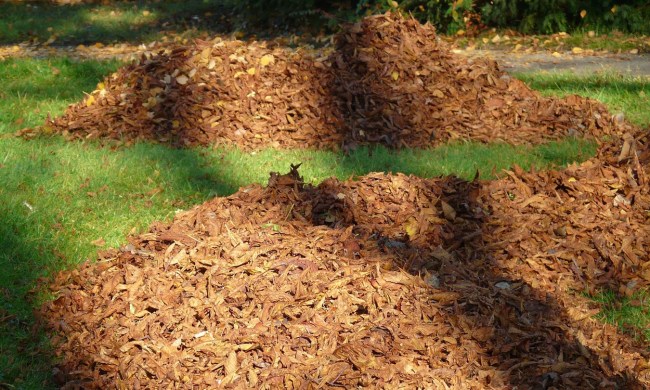There are many common garden pests, and some of them can do quite a lot of damage. Although most pests are annoying, the spotted lanternfly has developed a reputation beyond being a mere nuisance. These invasive pests can cause serious damage to both your garden and the environment. Luckily, there is an easy solution! A homemade insecticidal soap can keep spotted lanternflies and other pests away from your plants. Here's what you need to know in order to make your own.
What is a spotted lanternfly?
Spotted lanternflies are highly invasive insects that first appeared in the U.S. in 2014. They have brown top wings, red second wings, and black spots. They’re sap-sucking insects, which leave oozing bite wounds in plants. The wounds are easily infected, and the waste left behind by a spotted lanternfly is a common fuel for fungal infections.
Spotted lanternflies spread quickly, as they will lay eggs on practically anything. When the item the eggs are on is moved, the eggs move with it, spreading the spotted lanternfly farther afield. Although they are most common on the East Coast, they have been steadily spreading west and can now be found in some parts of the central U.S.

What should you do if you see one?
If you see a spotted lanternfly, here's what to do.
Step 1: Report the sighting to your state’s Department of Agriculture or invasive species tip line. Many states request photographs of the insects, so taking a picture of the spotted lanternfly is helpful in most cases.
Step 2: Squish the spotted lanternfly or spray it with insecticidal soap.
Step 3: Avoid moving any materials near where you found the spotted lanternfly.
Step 4: Inspect the area carefully for eggs. Spotted lanternflies lay their eggs in clusters and then cover them with a protective substance that is white at first, then it turns gray or brown.
Step 5: Scrape the eggs off and place them in a bag.
Step 6: Destroy the eggs by adding alcohol to the bag, smashing the eggs, or setting them on fire.
Step 7: Keep a close eye on your garden for any other spotted lanternflies or eggs.

How to make an insecticidal soap
Insecticidal soap is an easy way to get rid of spotted lanternflies and other pests. Here’s how to make your own.
Step 1: Mix 1 tablespoon of vegetable oil with 1 tablespoon of dish soap.
Step 2: Add the mixture to 1 quart of water, mixing well.
Step 3: Fill a clean spray bottle.
Step 4: Store extra insecticidal soap in a dark, cool place.
Step 5: Spray the insecticidal soap directly onto the spotted lanternfly.

Do you need to wash insecticidal soap off after spraying it?
While you shouldn't rinse the insecticidal soap off right away (or else it won't be effective), it can be helpful to occasionally wipe off the insecticidal soap. The insecticidal soap may leave a residue on the leaves, which can be an unpleasant texture when you care for your plant. If you add extra ingredients to your insecticidal soap, such as capsaicin or garlic oil, then more sensitive plants may experience minor issues if the spray is left on the leaves for too long.
Use a damp cloth and gently wipe the leaves down before applying your next round of insecticidal soap. Outdoor plants should be washed clean by the rain, so they don't need to be wiped down. Potted plants that spend some time indoors and some outdoors can benefit from both the spray and semi-regular cleaning.
Invasive species can wreak havoc on an ecosystem, and spotted lanternflies are no different. As they spread farther and farther west, it’s important to keep a close eye on your garden. You can protect your garden and the environment by reporting them, squishing them, spraying them, and removing their eggs. It’s a simple process with a big impact!




